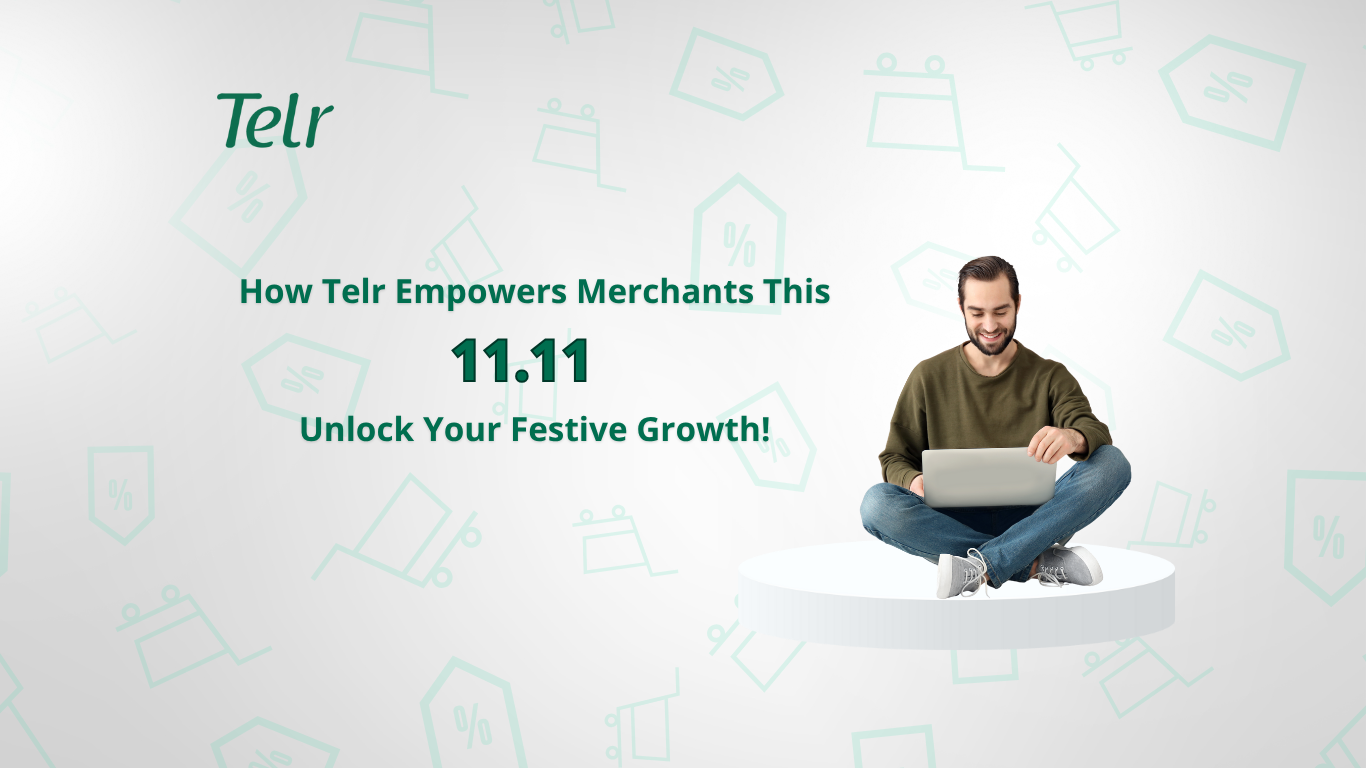
To imagine a future in which payment for products and services is easily made on a mobile phone, this will undoubtedly be a beautiful and promising vision.
Entrepreneurs’ expectations have long pointed to a multi-year social transformation, as we see the transition towards cryptocurrency and mobile payment solutions, as governments seek to expand it. Non-cash payment and remittance solutions are growing significantly as companies seek to increase efficiency and enhance customer comfort levels. According to a survey conducted by Ubamarket, 41% of customers expect all financial transactions to be conducted through mobile cash portfolios over the next five years. Digital commerce and non-cash payment methods are a top priority for Emirates Vision 2020. The active push for digital transformation in government services, including non-cash financial transactions, encourages the acceptance – and habit of using – digital payment channels by customers.
The most prominent benefits of non-cash payment systems are reflected in the following points:
Speed
Non-cash transactions are fast to complete, with non-cash transactions taking an average period of one to several seconds compared to 6-7 seconds of financial payment transactions.
Security
A trader who uses non-cash payment methods can protect his working capital by avoiding the risk of losing or stealing his cash, while customers benefit from the protection provided by security benefits on their devices, as well as protection provided by the payment portal used.
Convenience
Customers won’t need to find atms or carry a lot of money in their wallets, they won’t have to wait in long lines within banks or pos, as well as a wide range of payment channels available to them. for traders, the operational burdens of cash transactions are replaced by smooth cash flows in real time.
The benefits of non-monetary transactions include a wide range of different sectors, and the technical developments we are currently witnessing in this area reflect positively on the country’s economy. in the education sector, for example, payment methods can become a real problem for fee payers in a country where annual fees can exceed aed 100,000 per year. for schools, the move towards non-cash transactions will not only reduce the duration of administrative processes required by cash transactions, but also provide convenient payment channels for fee payers, as well as real-time payment transactions. this ultimately reduces the time school staff spends following late payments to parents.
Studies in retail indicate an increase in sales when customers are allowed to pay using a stored value card. this is because people give up small purchases when they don’t carry a lot of money with them. in contrast, carrying a stored value card allows you to buy snacks and other small purchases.
Consumer comfort is the core theme of non-cash transactions. as consumers become increasingly dependent on non-cash payment channels as a better and safer option, there is an important opportunity for companies to enhance their service offerings by providing customers with the flexibility of non-cash payment methods.
Recent Posts

10 Secrets Top Merchants Use to Win Ramadan & Eid from Telr

.png)


.png)
.png)








